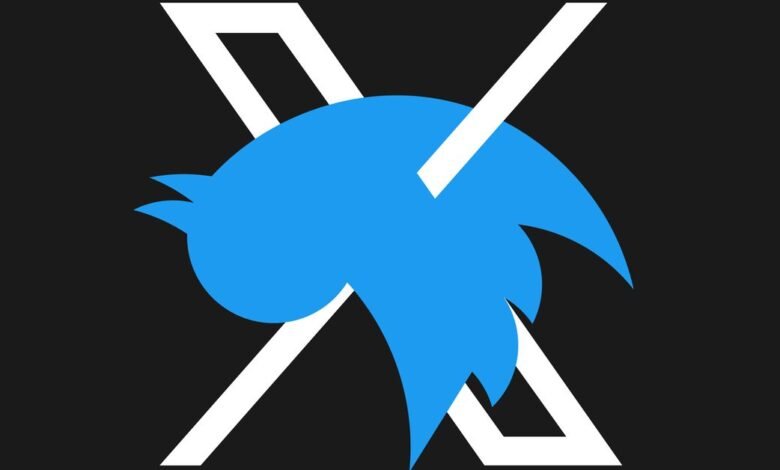
Decoder is my show about big ideas and other problems. And today, we’re bringing you a special episode where we’re just going to talk about one very big problem: Twitter.
2023 will go down as the year that Elon Musk killed Twitter. First, he did it in a big way by buying the company, firing most of the employees, and destabilizing the platform; then, he did it in a small but important and symbolic way by renaming the company X and trying to make a full break with what came before.
So now that the story of the company named Twitter is officially over, it felt important to stop and ask: what was Twitter anyway, and why were so many powerful people obsessed with it for so long?
Here at The Verge, we don’t often look back; we’re a site about the future, after all. But sometimes it’s important to stop, mark a moment, and consider why a technology or a tool made us all feel a certain way. And Twitter certainly demands that level of consideration.
The important thing to know about Twitter is that its leadership never truly understood the platform, especially not at first. Twitter’s users were where all of its best ideas came from, from hashtags to retweets. The users were the ones who made Twitter a home for both absurdist humor and major social movements. Twitter’s users also turned it into the beating heart of the news industry, where news almost always broke first and fast and where journalists and their blue check marks became part of a new social class that dominated the online conversation, for better and for worse.
And fittingly, it was Twitter’s users who ultimately killed it. The fundamental story of Twitter is defined by two of its most dedicated power users: Donald Trump and Elon Musk. Both men were addicted to Twitter, defined Twitter, changed it, broke it, and then ultimately put it to rest. What’s left now, and what comes next, is still an open question.
To pull all this apart and make sense of it, I talked to two people with deep expertise in the media, Twitter, and how they interact.
Marty Baron is the former executive editor of The Washington Post. He ran the paper during the Trump administration, when two different challenges reached fever pitch. First was President Trump’s usage of Twitter to wage an almost daily information war. And second was the battle between individual reporters building their brands on Twitter and the needs of the newspaper as an institution.
Check out the episode, and look forward to more Decoder episodes like this in 2024. We’re working on bringing you second episodes of the show every week that deliver more analysis, storytelling, and interviews. Stay tuned.
Source link




